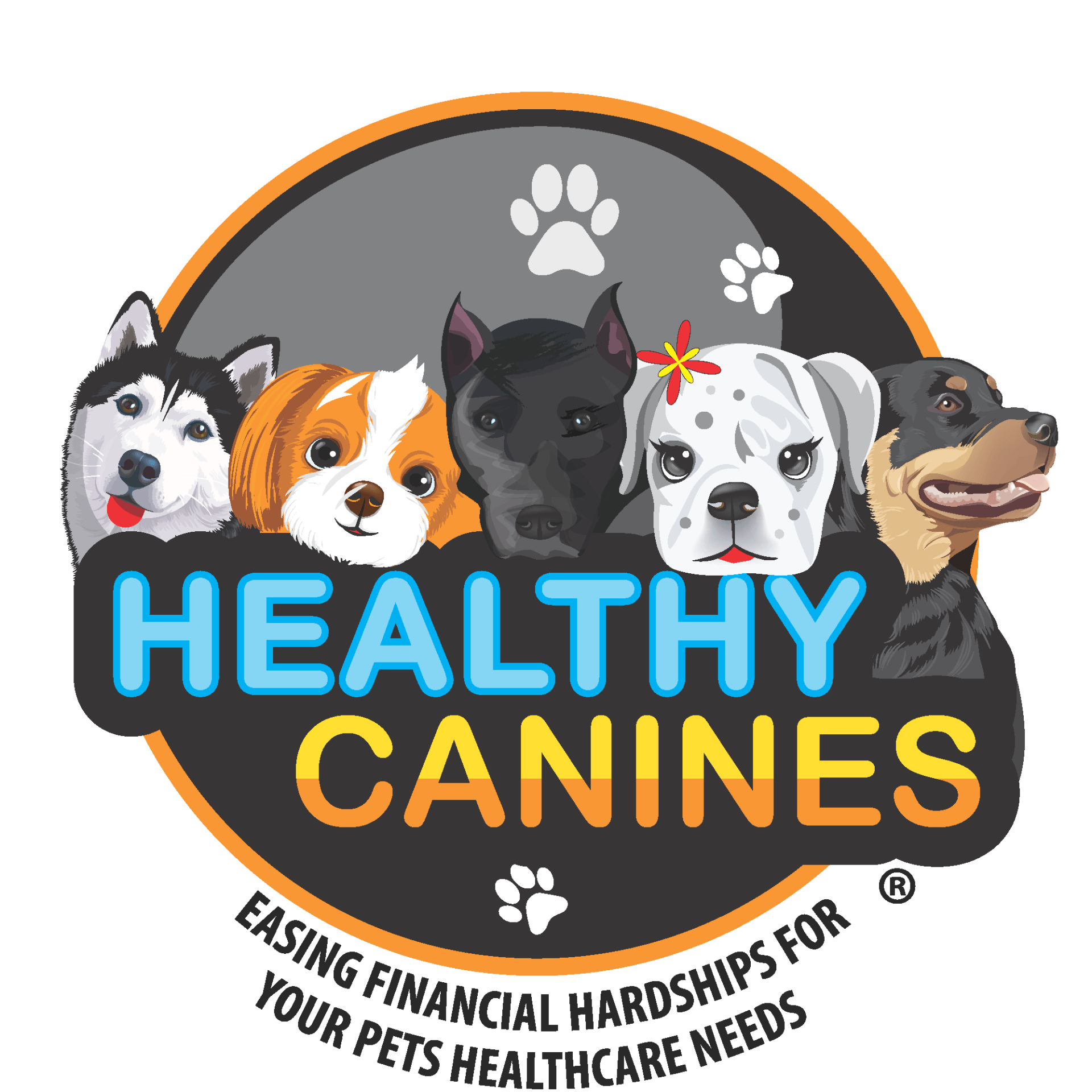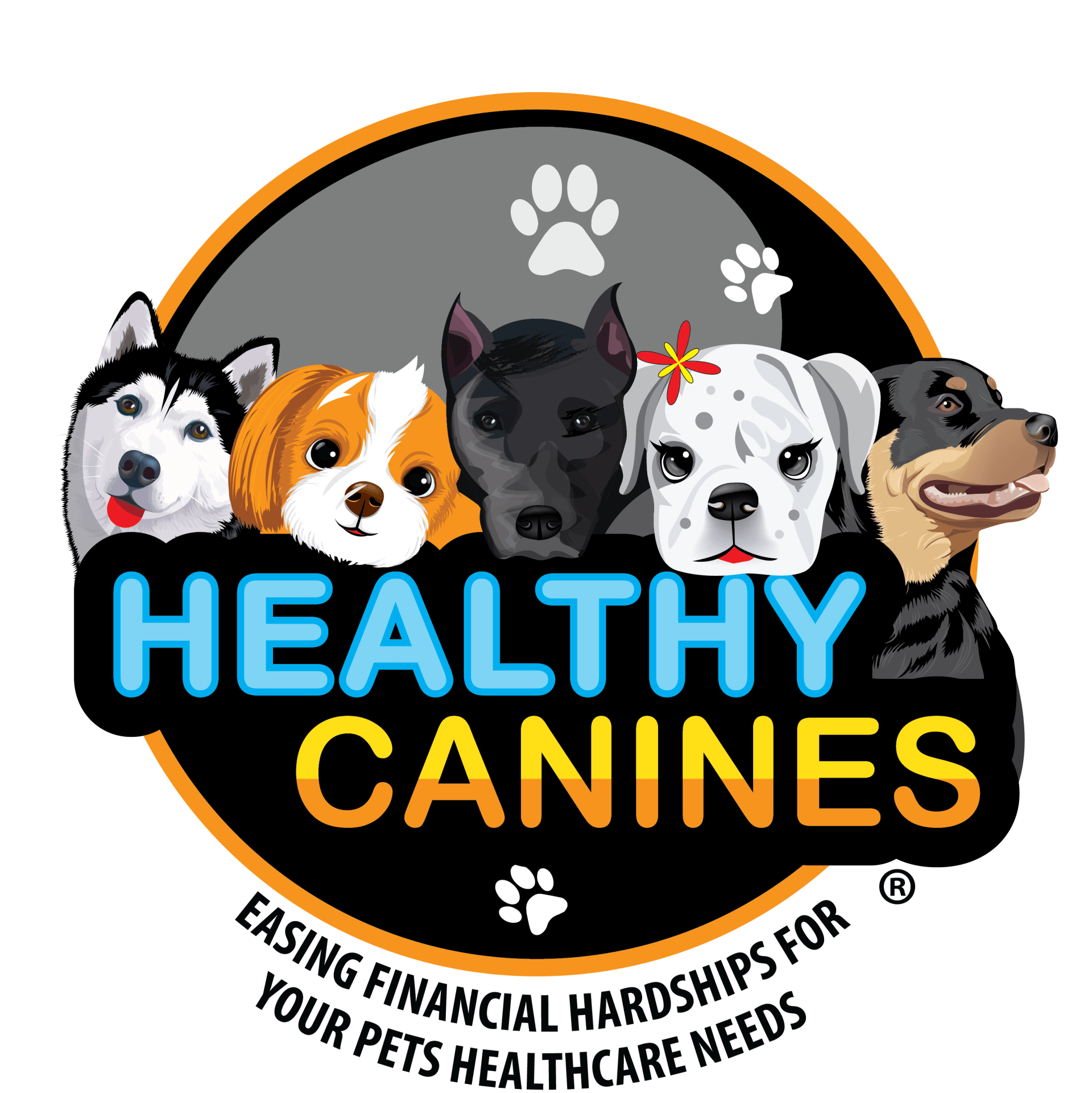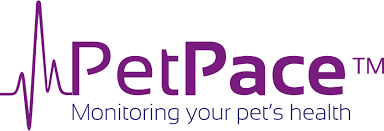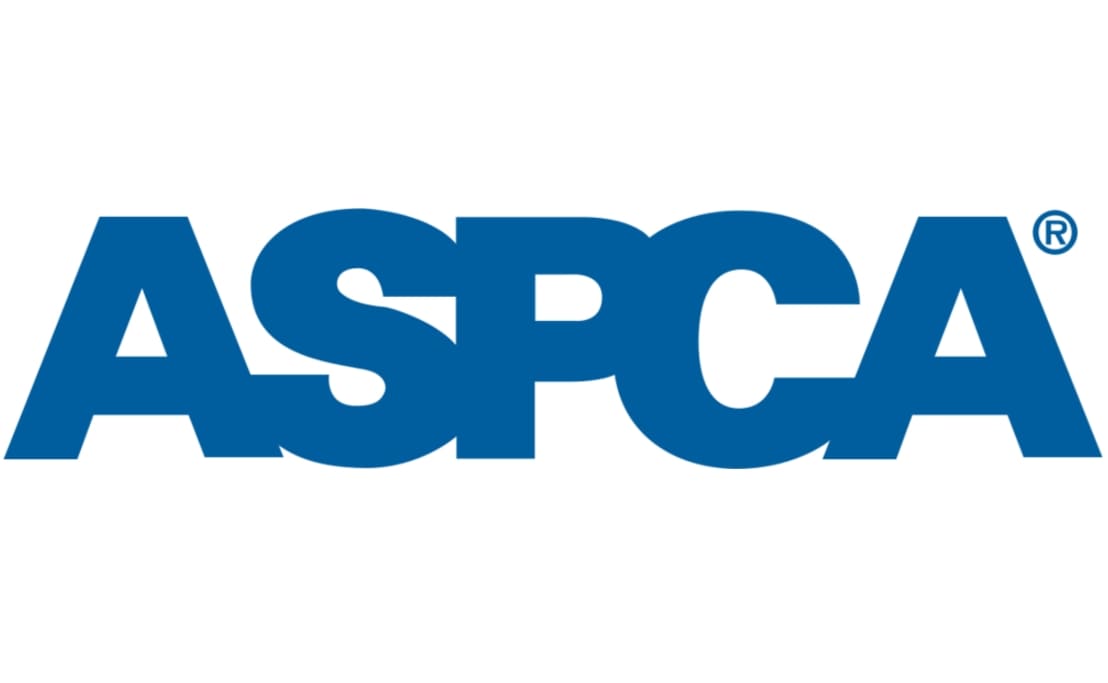
Preventative Care
Canine Preventive Care
One of the primary goals of Healthy Canines is to inform pet parents about preventative care practices which can help to avoid medical crises.
By making the long-term health of your pet a priority on an ongoing basis, you can avoid many medical problems and increase the well-being and longevity of your furry four-legged family members. Healthy Canines is not responsible for the outcome of any medical procedure or preventative care measure listed below, but we hope pet parents will be able to benefit from the common sense approaches we include on our website and in our Healthy Canines’ publications and materials. While the volunteer team of Healthy Canines cannot advise anyone regarding medical treatment of any kind, we hope that you will find the following suggestions useful. The following are a list of suggestions and resources that may be useful to pet parents to both enhance overall pet health and develop good preventative care practices.
Pet Care Best Practices
Spay or neuter your pets. Spaying and neutering your pets, you will decrease their chances of getting mammary tumors and prostate disease; they will be less likely to wander and get injured or lost, and pregnancies can be avoided. Not only are pregnancies potentially risky for your pet, but additional puppies or kittens will add to the already significant overpopulation problems and will also cause a financial burden for you. Many areas offer free or low-cost spay and neuter programs, so it is well worth your time to take advantage of these programs and spare your pets disease, injury or death.
Vaccinate your pets. Vaccinating your pets decrease their chances of getting serious and preventable illnesses. Many communities offer low-cost vaccination clinics, so be sure to ask your veterinarian about these services.
Feed a good quality diet. Consultation with your veterinarian is the best way to determine the correct diet for your pets. Spending a little extra money on a quality product can promote long-term good health for your pets.
Use preventative heartworm medications. Your veterinarian can advise you about the risks in your area for heartworm infestations. This is a preventable condition, and a potentially fatal one if ignored.
Get regular “well-pet” checkups. Waiting to see the veterinarian until problems develop is not using good preventative care practice for your pets. As with humans, problems are easier to detect and treat when they are caught in the early stages, and regular checkups will help insure the long-term health of your pets.
Walk your dog every day, and make sure they get enough exercise. Ask your veterinarian about the amount of exercise your breed of dog requires and provide them with plenty of exposure to fresh air and sunshine. Spending time playing with your pet can also help them to stay active and increase their longevity.
Maintain proper weight for your animals. Avoiding obesity can also help prevent associated conditions like joint problems, heart problems, and diabetes. It is critical that your pets maintain a healthy weight. Again, consult with your veterinarian about the ideal weight for your pets.
Keep your dog on a leash in public at all times. Do not let your dog wander loose for any reason – the chances of being hit by cars or getting lost are too great to risk letting them run free. Keeping your dog indoors will also help them live longer and prevent them from being injured or killed in traffic as well.
Consider getting your pet microchipped. If your pet does get lost for any reason, this will help them be located and returned to you. Be sure that your dogs and cats are wearing ID tags on their collars at all times.
Keep your house and yard safe for your pets. Remove hazards in the living and dining rooms. Chances are your dog is spending a lot of quality time with you and your family in the living and/or dining rooms. Checking for and removing any potentially dangerous items such as cords, toys, harmful plants or other knick-knacks can prevent injury and even death. Depending on where you live, consider enclosing your yard with a physical or invisible fence. This can keep your dog from running onto a busy street or protect her from other dogs or predators. Remove any lawn equipment and tools from the yard to prevent your pet from injury.
Bring your car to the gas station to change the antifreeze rather than have this deadly poison anywhere around your house, yard, or garage. If you must keep this product (or any other dangerous product, like transmission fluid) around your house, make sure that you keep your pets away while it is being used and use extreme care to clean up thoroughly afterwards. Do not spill these products into the gutters or street—other pets in the neighborhood may be exposed to these dangerous poisons and you may be liable for their injuries.
Do not use any toxic pesticide, fungicide, or fertilizer on your yard where your pets have access to them. If you must use these products, do so very carefully, and keep your pets indoors. Read labels of these types’ products for pet warning disclosures.
Store all potentially toxic household products including detergents, etc. out of reach of your pets.
Be mindful of your pets while you are cooking—keep them away from the stove or other potential dangers in the kitchen. Keep all drugs including aspirin, Tylenol, and all prescription medications for humans away from dogs and cats – these can be fatal. Ask your veterinarian before administering any medication used for humans for your pets.
Use appropriate flea and tick control. Ask your veterinarian for recommendations about these products, and if you must buy these products without veterinary consultation, choose products carefully and be sure to follow the instructions very carefully. To avoid problems and choose appropriate products, it is best to ask the advice of your veterinarian.
Brush your dog’s teeth on a regular basis with a toothpaste formulated for dogs – Never use toothpaste designed for human use. This practice can help avoid expensive and serious dental problems later on.
Socialize and train your puppies early. This will help avoid confrontations with other dogs later in life and will also help avoid behavioral problems which can be difficult to deal with in adult dogs.
Spend time with your pets every day. Pets should be regarded as members of the family, and spending quality time with them will help their emotional well-being and thus enhance their overall health.
Never keep your pets in the car on a hot day. Temperatures in the car, even with the windows down, can reach fatal levels within minutes. If the outside temperature is over 68 degrees Fahrenheit, it is already unsafe to keep animals in the car.
When traveling with your pets, keep dogs in a dog carrier or restrained with a special dog seatbelt not a human seatbelt. This will help prevent your pets from being injured in an accident, and bear in mind that even at low speeds, unrestrained passengers in the car (whether human or dog) can be seriously injured.
Consider insuring your pet with a pet insurance program. There are several national pet insurance programs which will cover your pets’ needs in the event of an accident or illness. However, these programs do not cover care at the time of treatment, which means you will need to be ready to pay for medical care when your animal is treated. In addition, these plans have restrictions on which procedures are covered by policies, so read the policy limitations carefully. These policies are not a substitute for having a savings account available to cover needed medical care.
Have a savings account for your pets. This is a critical part of preventative care for companion animals. All pets will need medical care throughout their lifetimes, and costs for medical care are continually rising. Veterinarians typically require payment up front before your pet can be treated, so it is important to prepare for emergencies and illnesses ahead of time.
Pet Resources
Varidi is an online payment platform that makes it easy for veterinarians to offer you flexible and affordable in-house payment plans. With Varidi, there now exists a budget-friendly way to pay for pet care.
To get your veterinarian to sign up with Varidi, click here: http://varidi.com/thepetfund/for-pet-owners/
Scratch Pay offers simple and affordable payment plans for large veterinary bills. Apply for Scratch Pay and check your interest rate any time without affecting your credit score. Completing the application and accepting the loan terms takes just a couple of minutes and can be done from your cell phone or computer. Scratch Pay can help get your pet the care they need. If your vet has not yet signed up for Scratch Pay, ask your vet to join Scratch for free.
For information about Scratch Pay click here: https://www.scratchpay.com
Pet Pace - A wireless smart collar that non-invasively monitors your pet's health. Pet Pace provides early detection of diseases and real-time alerts for both dogs and cats. Perfect for everyday monitoring or for pets undergoing intensive veterinary care.
For information about PetPace click here: http://petpace.com
Pet Hub is a smart tag that will allow pet parents to protect their pets and get missing pets home faster. Pet Hub allows anyone with a smart phone to see your information and contact you directly without the need for a microchip scanner.
For more information click here: https://pethub.com
Animal Wellness Magazine - one of the foremost resources for pet health information. Use Promo Code: THE PET FUND
To learn more about this invaluable resource for pet parents, click here: www.animalwellnessmagazine.com/subscribe
Whole Dog Journal - The Whole Dog Journal offers well-researched, in-depth articles about all aspects of dog care and training. They feature natural care, diet and training advice, information about complementary therapies like chiropractic, massage, acupuncture, and homeopathy, and advice from experts in the field. They also test, review and evaluate products, and they are 100 percent subscriber-supported−they do not carry advertising.
Rx Vitamins for Pets - Rx Vitamins for Pets is a nutraceutical company providing veterinarians with nutritional formulations designed to enhance patient outcomes. Since 1998, Rx Vitamins has set the standard in the development of safe, well-researched, condition-specific formulas that provide the veterinarian with a wide choice of treatment options to complement the conventional care of companion animals.
Rigorous inspection and assay testing ensure the quality, integrity and potency of each raw material. All formulas are manufactured in NSF audited facilities. If you are not a health professional, your veterinarian can order products for you.
Rx Vitamins website: https://www.rxvitamins.com/rxvitaminsforpet
Nutriscan is the first food intolerance and sensitivity testing program to match pets with their individual nutritional needs and genetic makeup. Nutriscan provides pet parents with accurate information to select the optimal pet foods and treats based on high level nutritional principles. A test kit for your dog can be obtained from hemopet or through their veterinarians.
To learn more about Hemopet click here:
http://www.hemopet.org/hemolife-diagnostics/nutriscan-food-sensitivity-intolerance.html
ASPCA National Animal Poison Control Center - 888-4ANI-HELP (888-426-4435). Fee is $45 per case; credit cards only; no extra charge for follow-up calls. 1-900-443-0000. The charge is billed directly to caller's phone. Follow-up calls can be made for no additional charge by dialing 888-426-4435. There is no charge when the call involves a product covered by the Animal Product Safety Service.
University of California at Davis listing of plants which may be poisonous to pets. There are other plants which may not be listed here that may also be poisonous to animals. Please consult with your veterinarian if you have any concerns about any plant your animal may have consumed or with which your animal may have come in contact.
www.vetmed.ucdavis.edu/ccah/health_information/plants_pets.cfm
Finding Rover is a free app that uses facial recognition for dogs to help reunite lost dogs with their family.
For more information, click here: http://www.findingrover.com.
Veterinarians from the Texas Veterinary Medical Association have compiled a resource for pet parents searching for veterinary information about common health and behavior issues.
You can read these articles by clicking here: https://www.texvetpets.org.
















